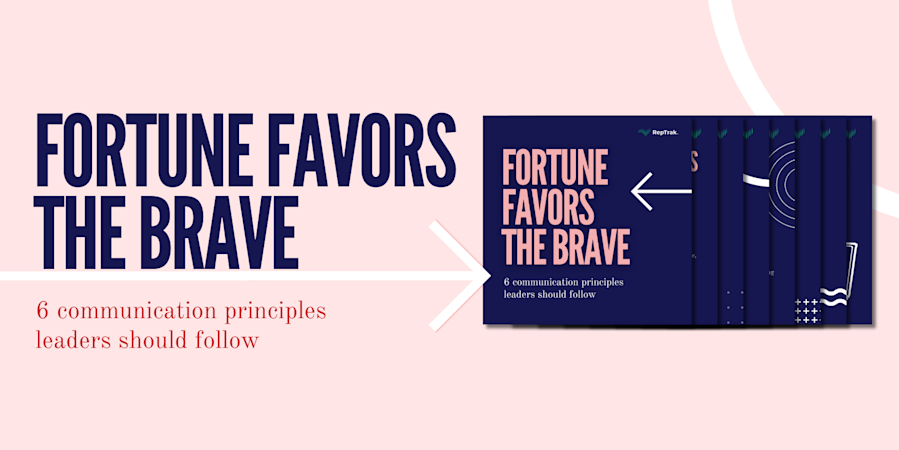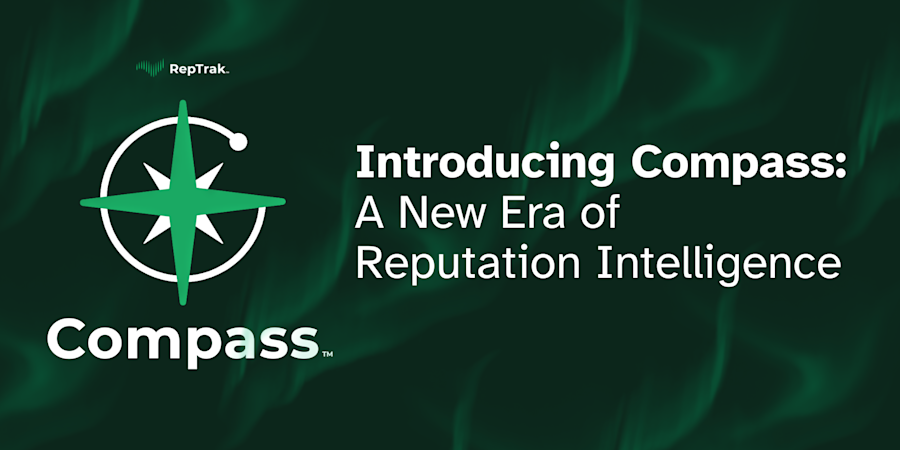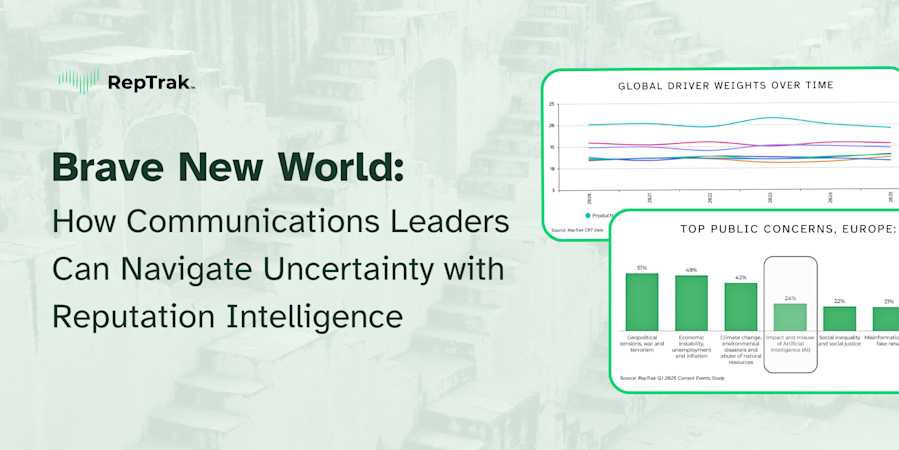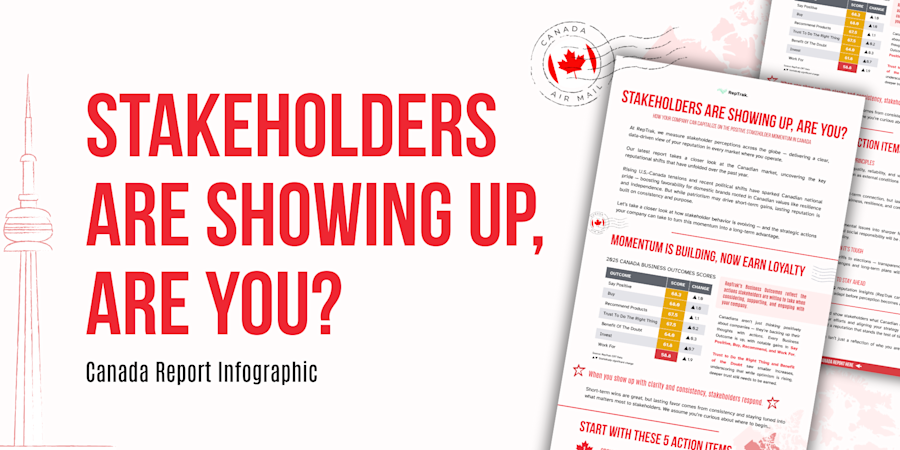How Can Companies Ensure that Their Purpose Stays Relevant in a Changing World?
Blog Post24 Feb, 2020
As the saying goes, the only constant is change. Which means that businesses must keep evolving in order to stay competitive and relevant in their respective markets.
But what does that mean for purpose? If you’ve established a purpose and have already infused that larger mission into your company’s DNA, how do you ensure it stays relevant, too?
We brought this question to Haley Rushing, Chief Purposologist and co-founder of the Purpose Institute in Austin, Texas. For more than 20 years, Haley has worked closely with some of the most purpose-driven organizations in the world—including the American Red Cross, Southwest Airlines, Whole Foods Market, Interstate Batteries, and IMG Academy—to help them discover and bring to life their values and purpose.
Here’s what Haley had to say about the importance and evolution of purpose.
The RepTrak Company: Why do you think having a purpose is so important for businesses?
Haley Rushing: One of the earliest things that struck me about purpose 20 years ago was walking into purpose-driven, values-based organizations, and just feeling how much happier the people who worked in those places were. At Southwest Airlines, where I got to learn so much about purpose from Herb Kelleher and Colleen Barrett, the level of happiness and engagement you feel when you interact with their people is noticeable and palpable. Most of us will spend the vast majority of our lives at work. If you don't feel like what you do matters, and that your contributions are actually helping to fulfill something important, it can take a toll on your soul.
The RepTrak Company: And it's well documented that happy employees result in happy customers.
Haley Rushing: Absolutely. I mean, just look at the enormous investments companies make to improve their customer service. But Herb and Colleen at Southwest always believed that if you take care of your people, and they're happy to be there, then that will naturally extend to the customer experience. It becomes a much more natural, organic expression of the ‘luv’ and care they receive that gets passed on to customers.
The RepTrak Company: You identify yourself as Chief Purposologist. What is a Chief Purposologist?
Haley Rushing: My background is in cultural anthropology. And over the course of 20 years of doing this work, I gradually evolved from studying the marketplace and the culture of consumption to studying corporate cultures. I started to ask, what binds people in this culture together? Collectively, what difference are they trying to make? What drives them? What I found early on was that these brands had a sense of purpose that drove everything they did. So I transitioned from anthropology to purposology. It felt more on point with the things I was learning from the time I spent in beloved, purpose-driven organizations.
The RepTrak Company: As companies evolve, at least partly to stay competitive in a changing world, how can they ensure that their purpose stays relevant?
Haley Rushing: There's a simple quote from Aristotle, and it says, essentially, “Where your talents and the needs of the world intersect, therein lies your purpose.” And so, I encourage leaders to ask themselves, What is the most pressing and urgent need or problem that exists in the world today that our organization has the wherewithal to address? And that's where the evolution comes in. Because there’s no shortage of problems in the world today. If you really tune in to what your customers truly need or examine how a stakeholder may be underserved or even suffering, you start to see how you can leverage the talents of your organization to heal the world in pretty meaningful ways.
The RepTrak Company: Speaking of evolution, what do you see as the future of purpose over the next five years? How do you think purpose itself is going to evolve?
Haley Rushing: One thing I've definitely seen in having a Purpose Institute for the last decade is that, initially, it was all about discovering and articulating organizational purpose. And now, in the current era, it’s all about activation. The data is fairly conclusive that the vast majority of leaders believe that purpose is necessary for driving performance, engagement, innovation, customer loyalty ... you name it. There are a host of benefits. The problem is that there's a massive breakdown when it comes to activating one’s purpose. Company leaders say, “We know what our purpose is. But how do we start embedding it in our strategy, embedding it in our employee value proposition, and bringing it to life in really meaningful ways?” Purpose is not just about looking in the rearview mirror and assessing how a company may have made an impact. It’s about using purpose as a filter through which you make decisions going forward.
Martin Lieberman Director, Content Marketing The RepTrak Company [email protected]






